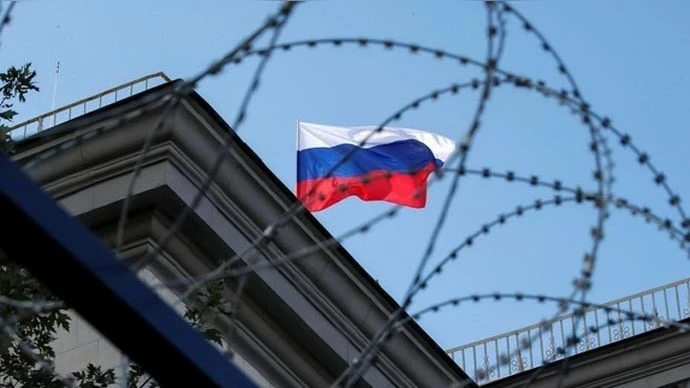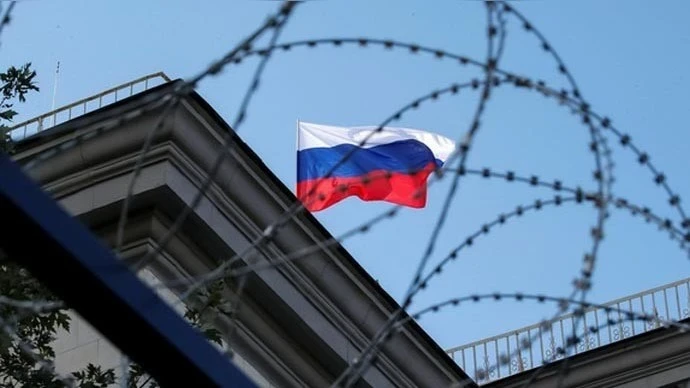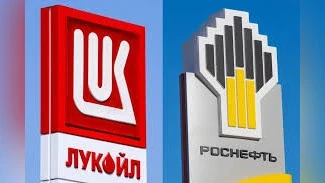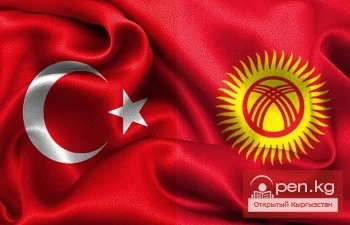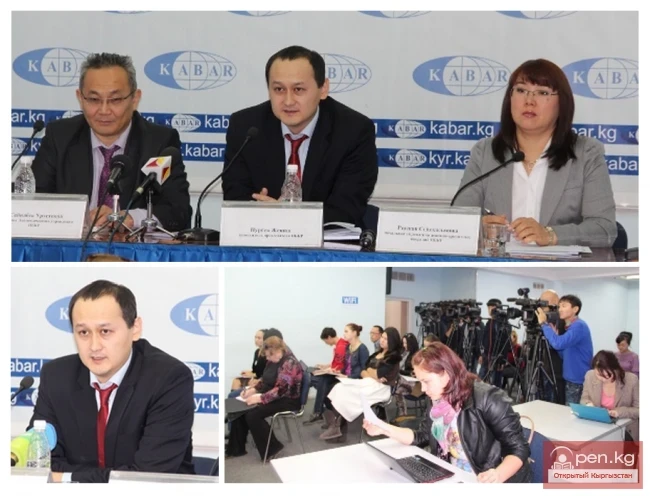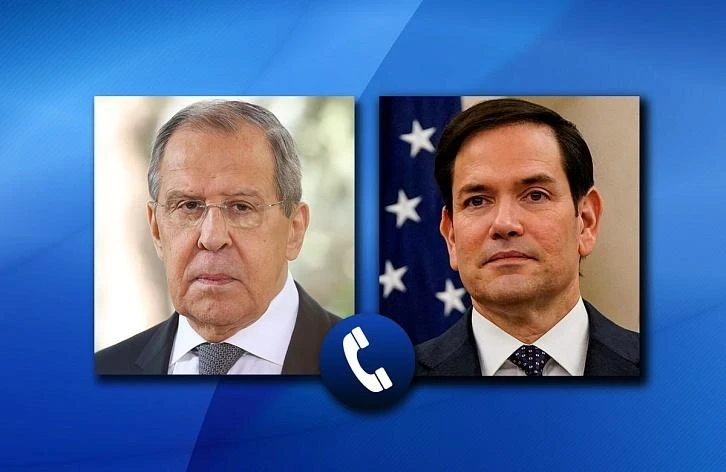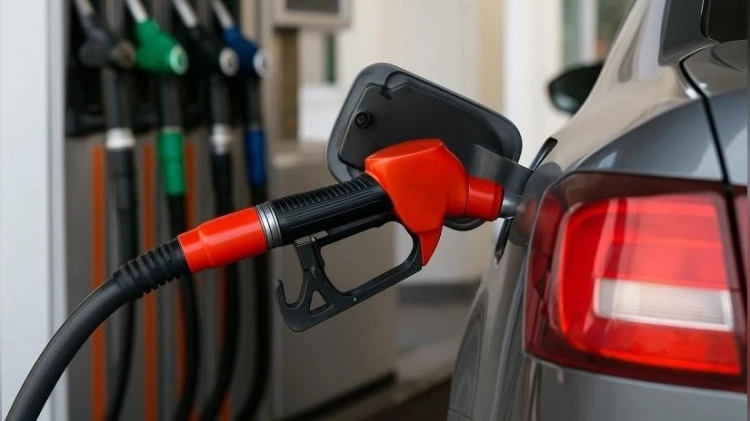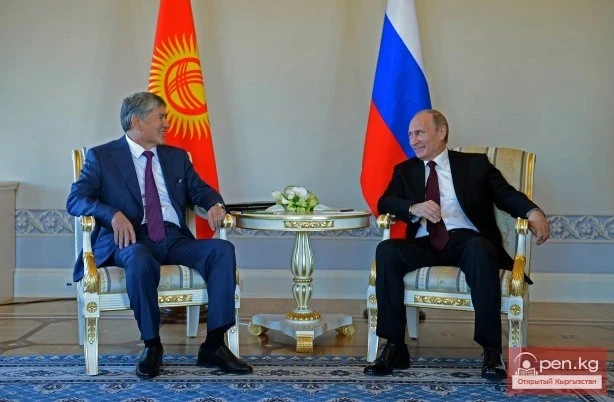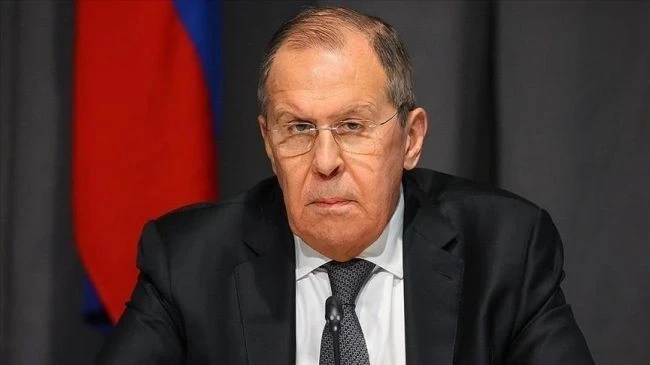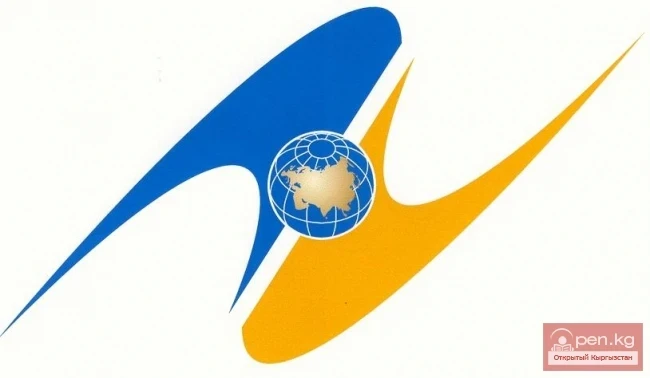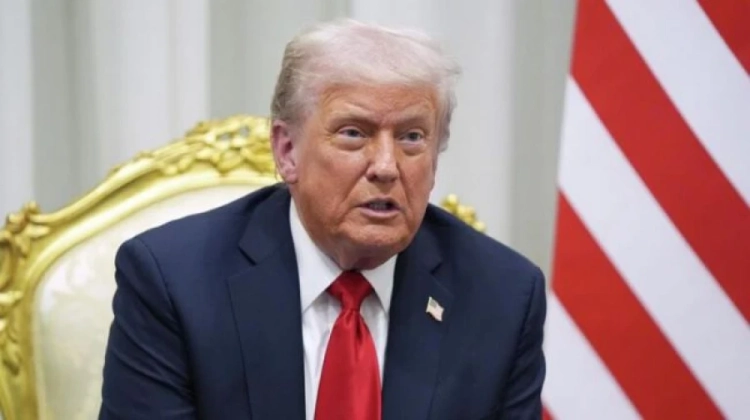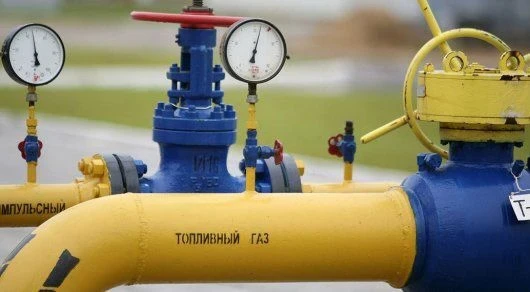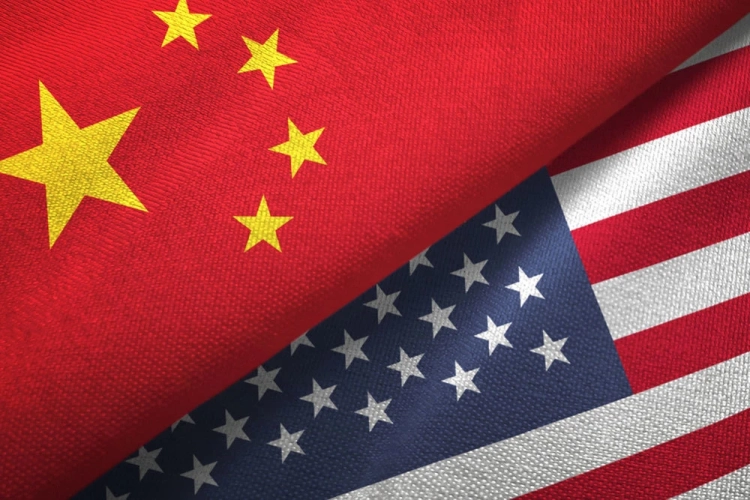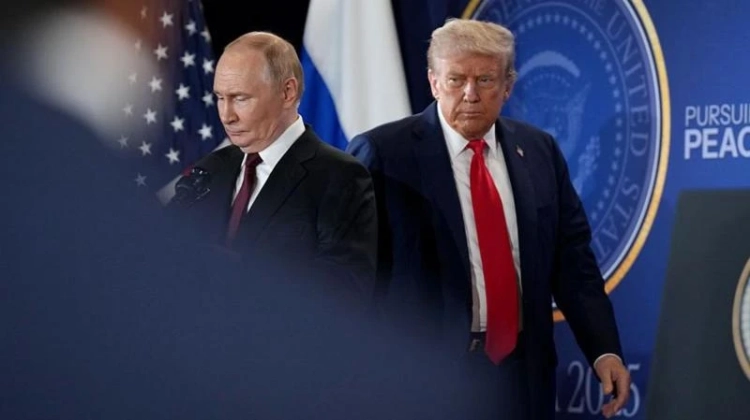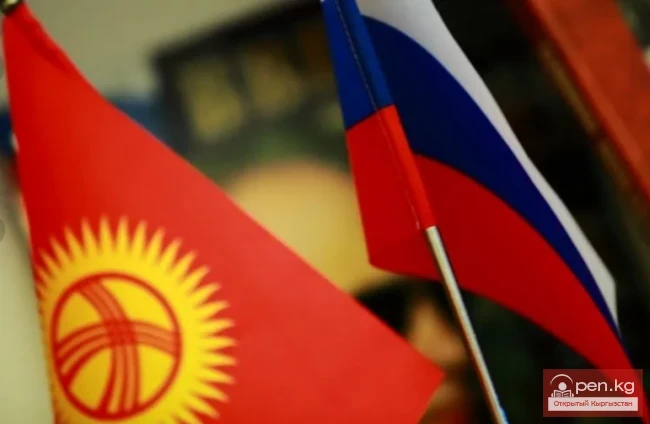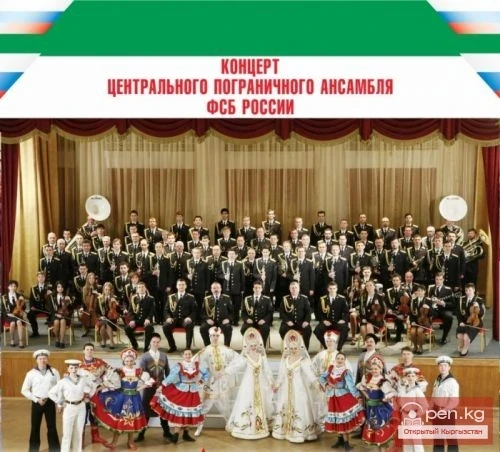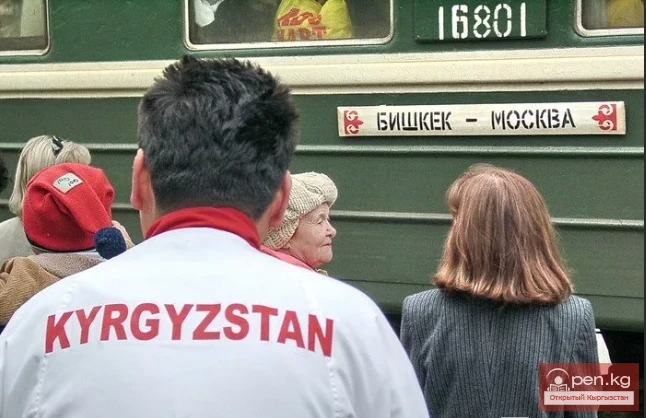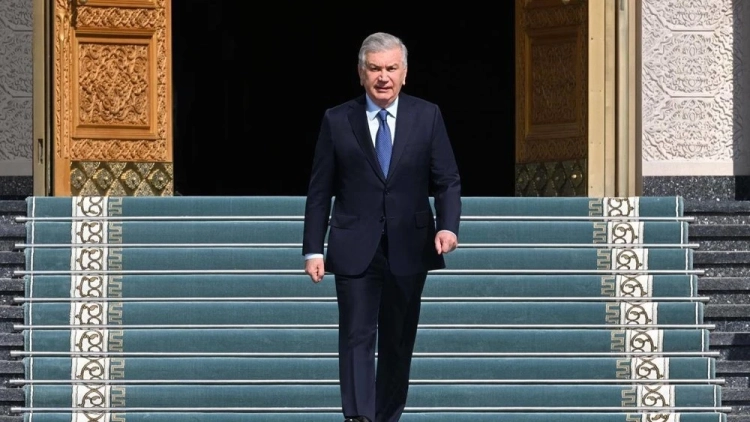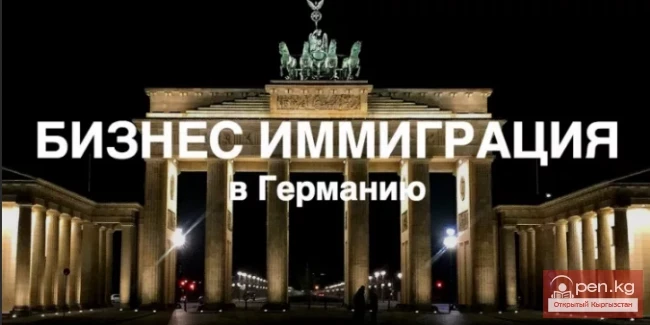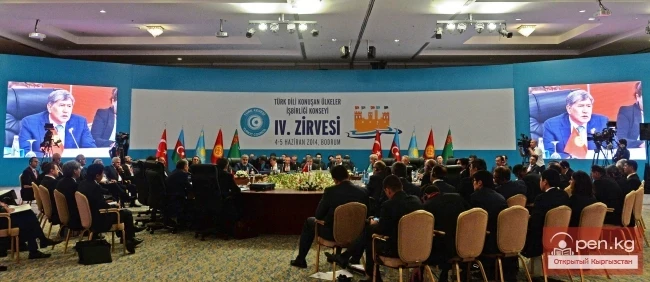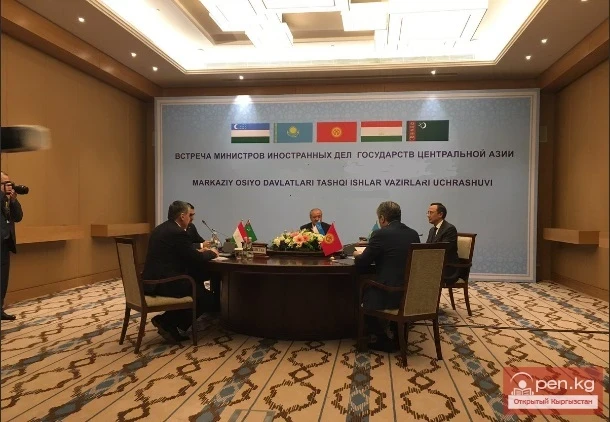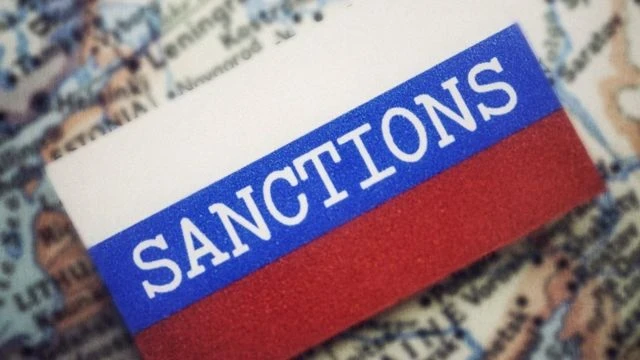
At the summit held in Brussels, the leaders of the European Union countries approved the 19th package of sanctions against Russia. This package has already been published and is in effect. Recently, EU ambassadors agreed on the new package of sanctions, rejecting objections from Austria, Hungary, and Slovakia.
This package of sanctions coincided with the introduction of similar measures by the United States. As emphasized by Kaja Kallas, the European representative for international affairs, this underscores the joint pressure on Russia to expedite the resolution of the conflict in Ukraine.
According to agency reports, the new measures include a ban on the import of liquefied natural gas from Russia by 2027. It was previously decided to completely halt imports by January 1, 2028. Restrictions have also been imposed on providing crypto services to residents of Russia and the movement of Russian diplomats in the Schengen area. Additionally, the blacklist of tankers has been expanded, and transactions with companies such as Rosneft and Gazpromneft are now completely prohibited. Several banks and cryptocurrency exchanges from Russia and Central Asia, as well as companies from China and India that are allegedly helping to circumvent these sanctions, have been added to the sanctions list.
The summit is attended by Ukrainian President Volodymyr Zelensky, who welcomed the tightening of measures against Moscow, noting that Kyiv does not intend to make "territorial concessions" in the process of peacefully resolving the conflict.
Meanwhile…
US sanctions against major Russian oil companies have caused a wide resonance in China, as reported by Bloomberg. State and private oil refineries in China are facing increasing pressure, as they need to maintain supplies while simultaneously avoiding sanctions.
During the first nine months of this year, about 20% of China's crude oil imports — approximately 2 million barrels per day — came from Russia, making it one of the main sources for refining into products such as gasoline, diesel fuel, and plastics.
China and India risk complicating their relationships with companies that are subject to sanctions, which could lead to serious secondary penalties. This includes disconnection from Western financial systems, loss of access to dollar transactions, or freezing of accounts by Western producers, traders, carriers, and insurers that form the basis of the international commodity market.
If these countries decide to comply with the sanctions, they may lose access to oil at significantly reduced prices, which has helped maintain low energy costs for the population and industry.
A key element of the extensive trade between Russia and China is the long-term contract between Rosneft and the state-owned China National Petroleum Corp., which involves the purchase of ESPO oil via pipelines for refineries located in the northern Daqing region. According to traders, these refineries primarily depend on Russian raw materials, making them particularly vulnerable to any changes in supply.
Rosneft and Lukoil are also involved in exporting oil from the eastern Russian port of Kozmino to private refineries located in Shandong province and along the coast.
According to data from the analytics company Kpler, last year these two companies accounted for about 25% of all Russian oil exports to China.
